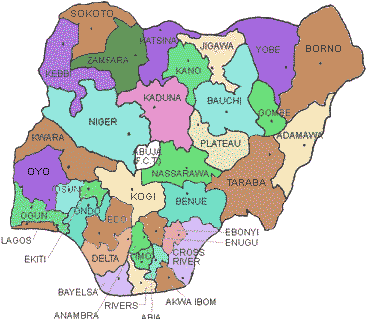August 21, 2018/Deloitte
The Federal Government of Nigeria (FGN) has approved and ordered the implementation of the 2018 Fiscal Policy Measures (2018 FPM), effective 27 July 2018. The 2018 FPM replaces the 2016 FPM which had been in force since 17 October 2016. Approval of the 2018 FPM, was communicated by the Honorable Minister of Finance vide a circular (“the Circular”) dated 5 July 2018.
FPMs have been regularly used by the FGN to influence investment, production and consumption activities in the country. A careful review of the 2018 FPM reveals its overarching objectives – encourage investment in certain critical industries, stimulate local production and discourage consumption of certain items. For instance:
Machinery, equipment and components imported for the set-up of modular refineries would now enjoy a duty free regime. It would be recalled that the FGN recently granted licenses to operators of modular refineries. This duty free concession to operators of modular refineries is in line with FGN’s objective of increasing local refining of petroleum products and finally putting a stop to importation of petroleum products;
Tariff on some tobacco and alcoholic products were increased from their 2016 FPM tariff of sixty percent (60%) to seventy percent (70%). This move is perhaps FGN’s strategy of protecting local manufactures who may come under increased foreign competition following the recently implemented excise duty framework;
Tariffs have been increased for tomato concentrates while some tomato related products have been prohibited from importation. This seems to be in line with FGN’s tomato sector policy of incentivizing local production of tomatoes and tomato preparations which have hitherto been harmed by cheaper imports of tomato preparations;
The tariff payable for imported syringes has increased from five percent (5%) to seventy percent (70%) (i.e. 5% duty and 65% import adjustment tax (IAT) compared to old tariff of 5%). This move seems to be in response to pleas by local syringe manufacturers to prevent influx of cheaper syringe imports;
Tariff on printed paper and paper boards have been increased by one hundred percent (100%) whilst tariffs on aluminum cans have increased from ten percent (10%) to thirty percent (30%). This move is FGN’s approach to incentivize and protect local manufacturers of these commodities;
Imposition of additional levies on twenty-three (23) items. These include alcoholic, tobacco, paper, and chemical products. Other items caught under this include automobiles and related products;
Removal of tariff rebates on five (5) items on the National List. The impacted items include tomato, cement as well as alcoholic and steel products;
Electric generating sets with tariff codes 8502.13.90.991 and 8502.20.90.992 shall continue to attract ECOWAS CET duty rate of five (5%) and zero (0%) IAT under the 2018 FPM3/
Other statistical highlights of the 2018 FPM are set out below:
Enlarged IAT List4 of one hundred and seventy five (175)5 items, up by two (2) items (generally tomato related products) when compared to the 2016 FPM;
a reduced National List6 of eighty eight (88) items, down by three (3) items compared to the 2016 FPM; and
an enlarged Import Prohibition List of twenty-five (25) items, up by two (2) items compared to the 2016 FPM
Proshare Nigeria Pvt. Ltd.
The release of the 2018 FPM was a huge relief for stakeholders positively impacted by the new supplementary protection measures (SPMs), more so as they had expected this general revision to come earlier, potentially vide a 2017 FPM. The potential economic impact of the new SPMs is the growth or protection of certain local industries, who are currently vulnerable to cheaper imports and increasing cost of doing business. However, with imports becoming more expensive and commodity prices following the same trajectory, consumers may feel differently about the impact of the new SPMs. Following approval of the 2018 FPM, there is need for businesses to evaluate their customs supply chain to see if there are accruable benefits. Perhaps, there may be need for restructuring where practicable.














